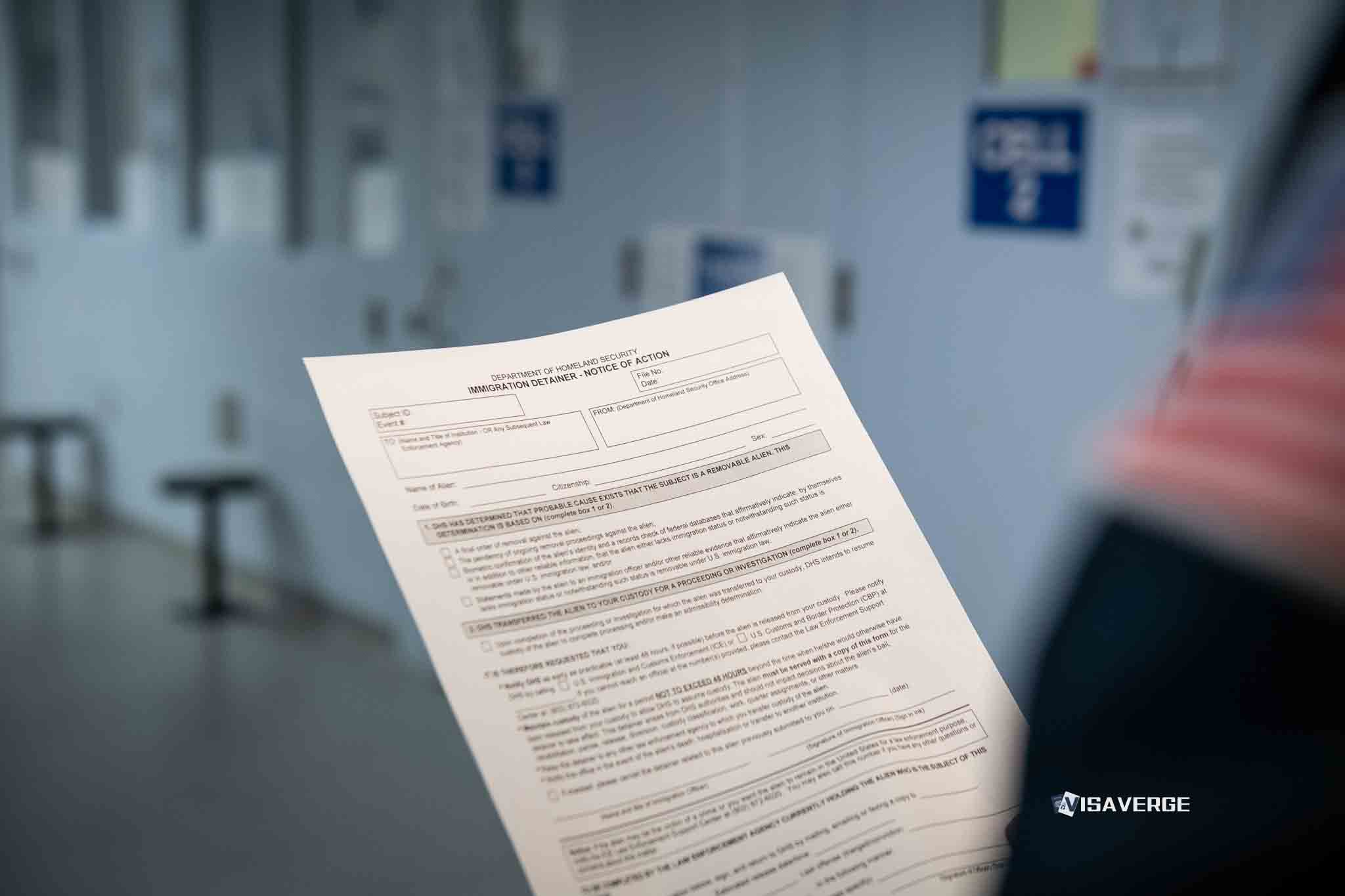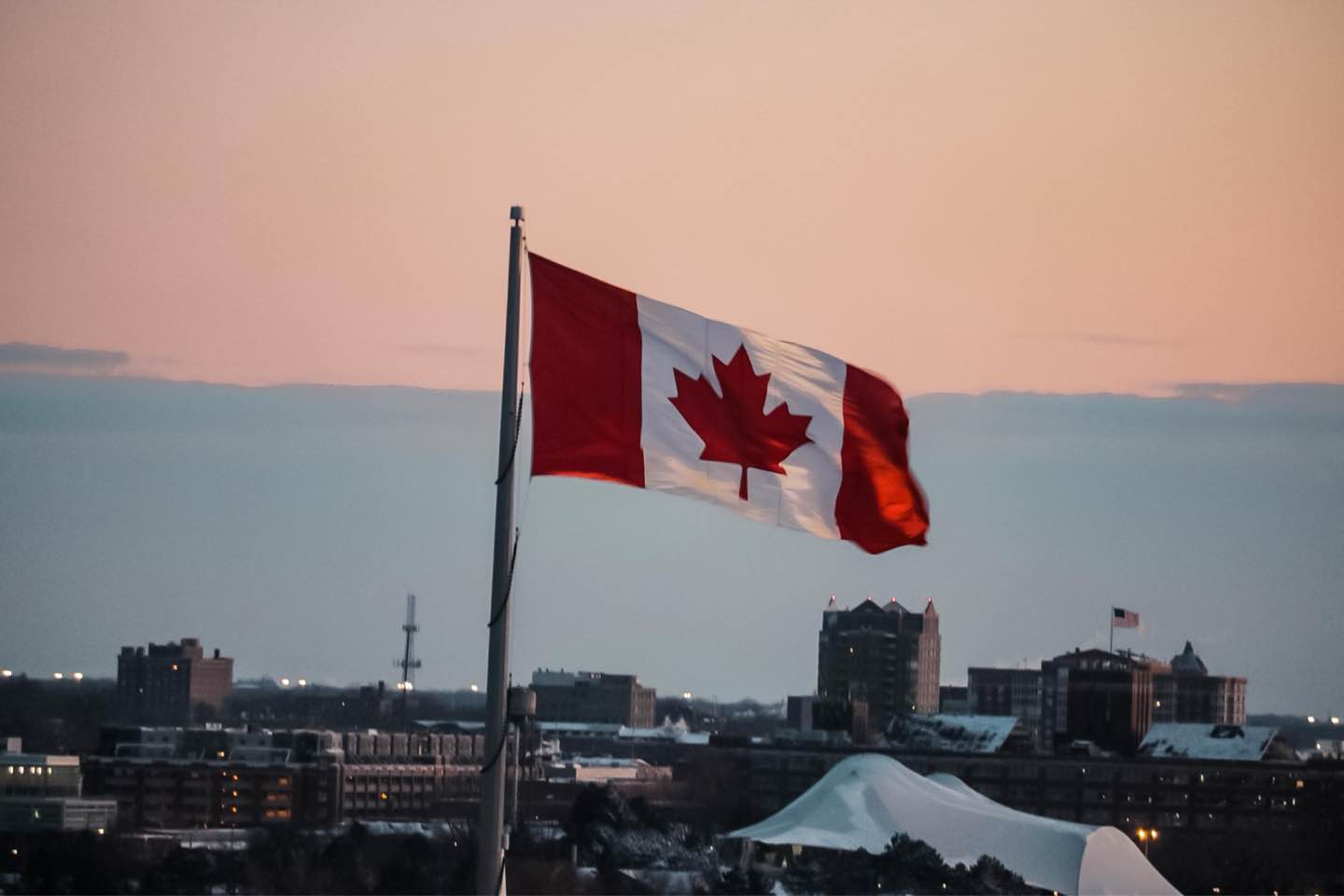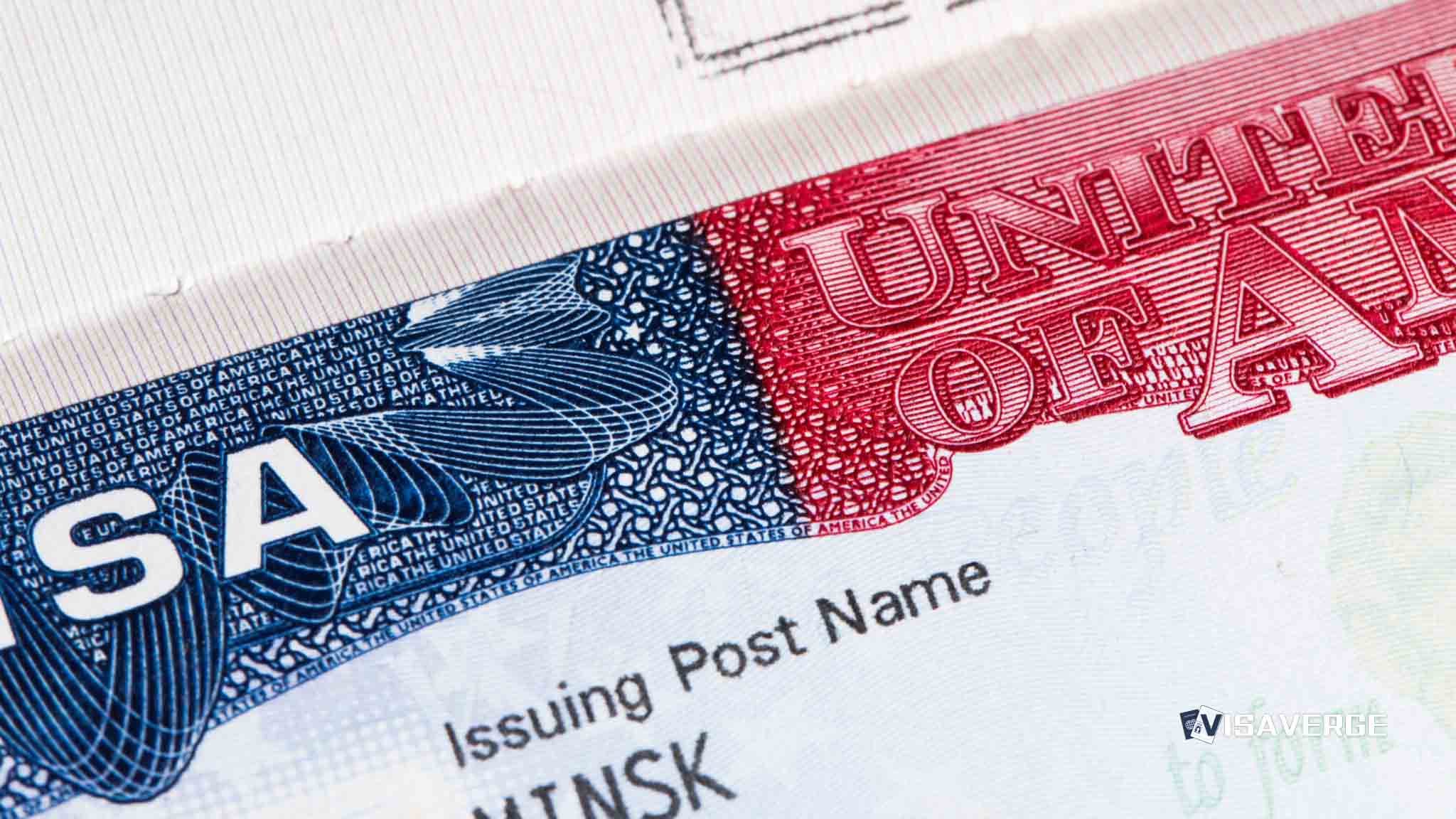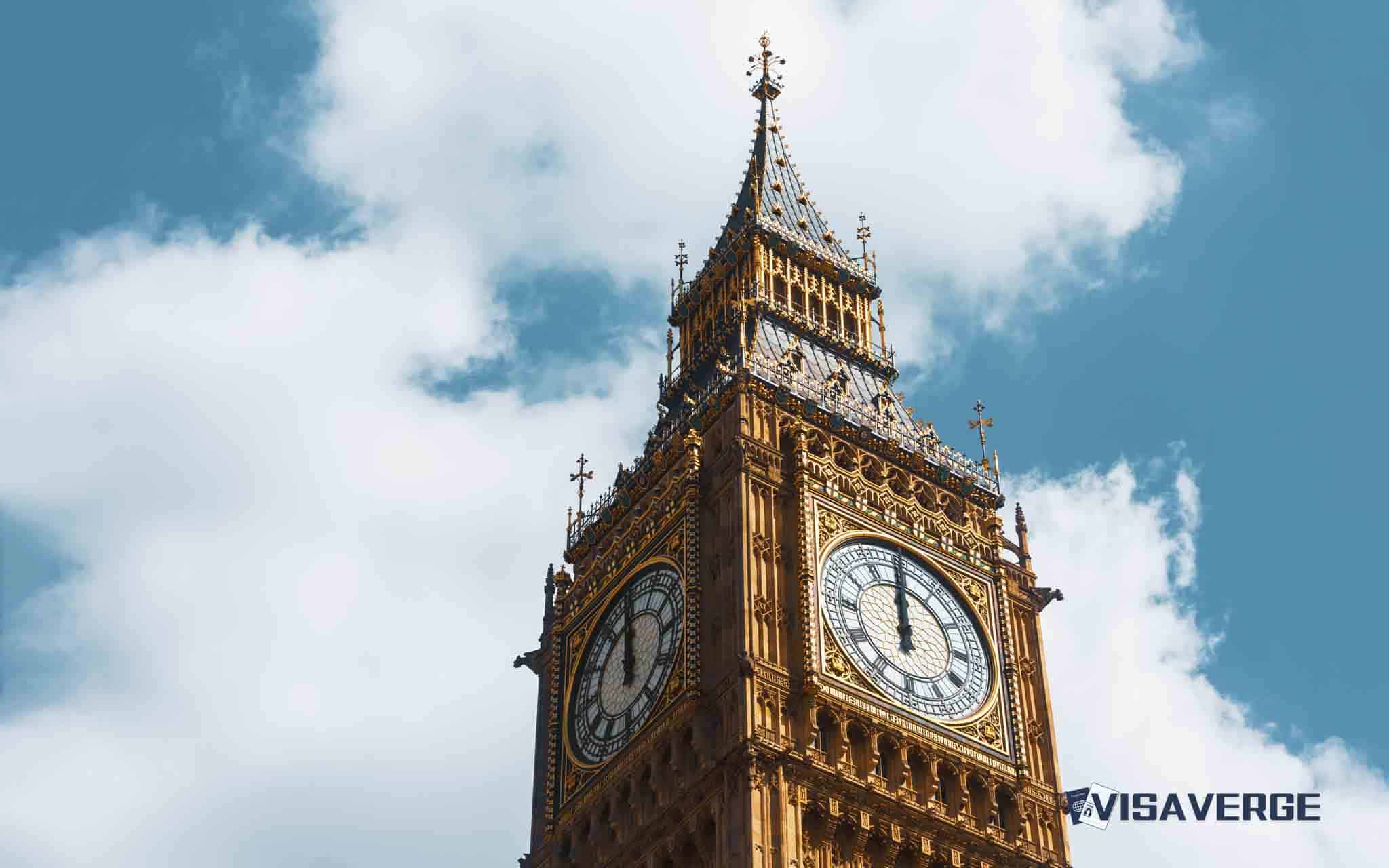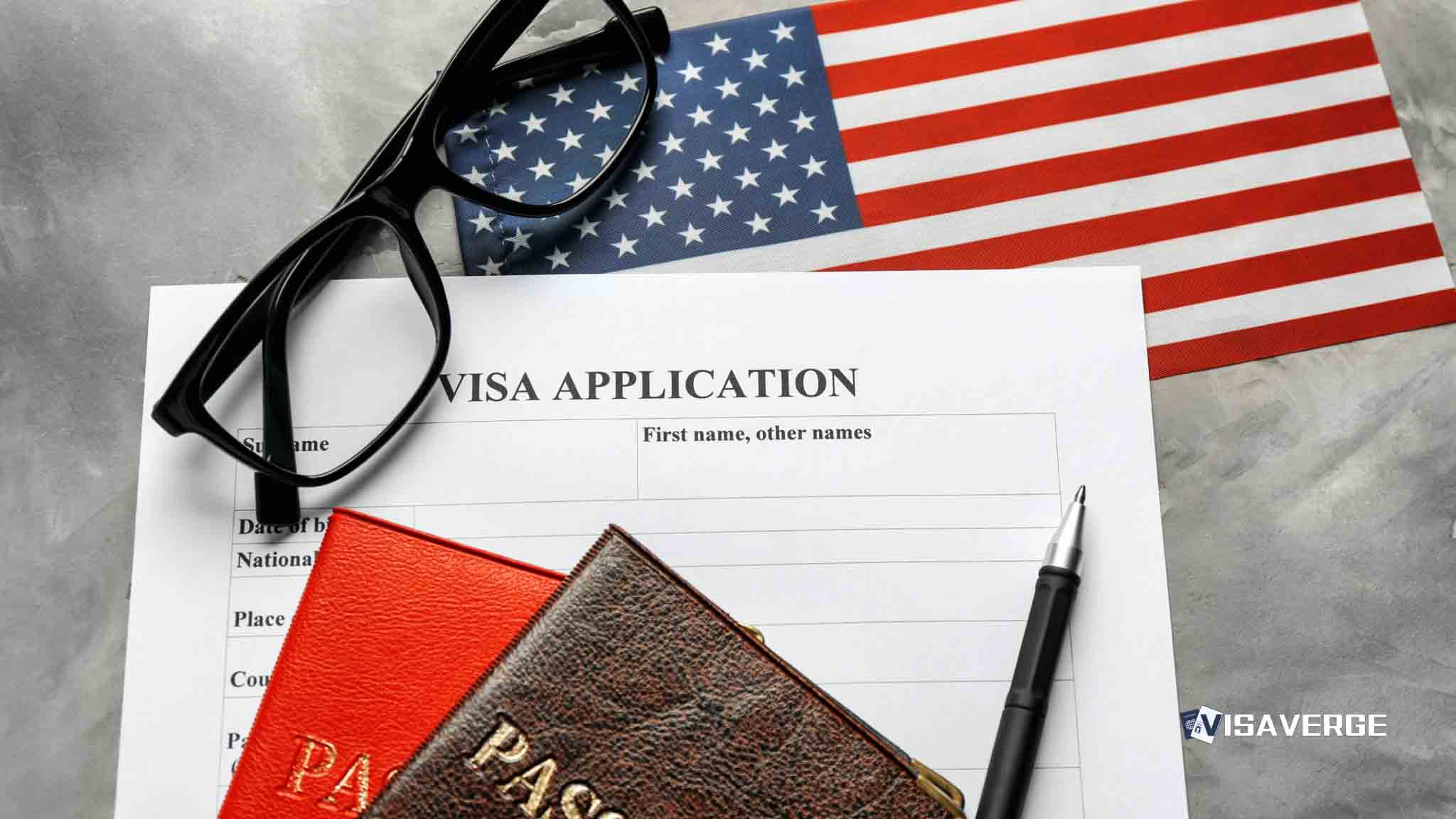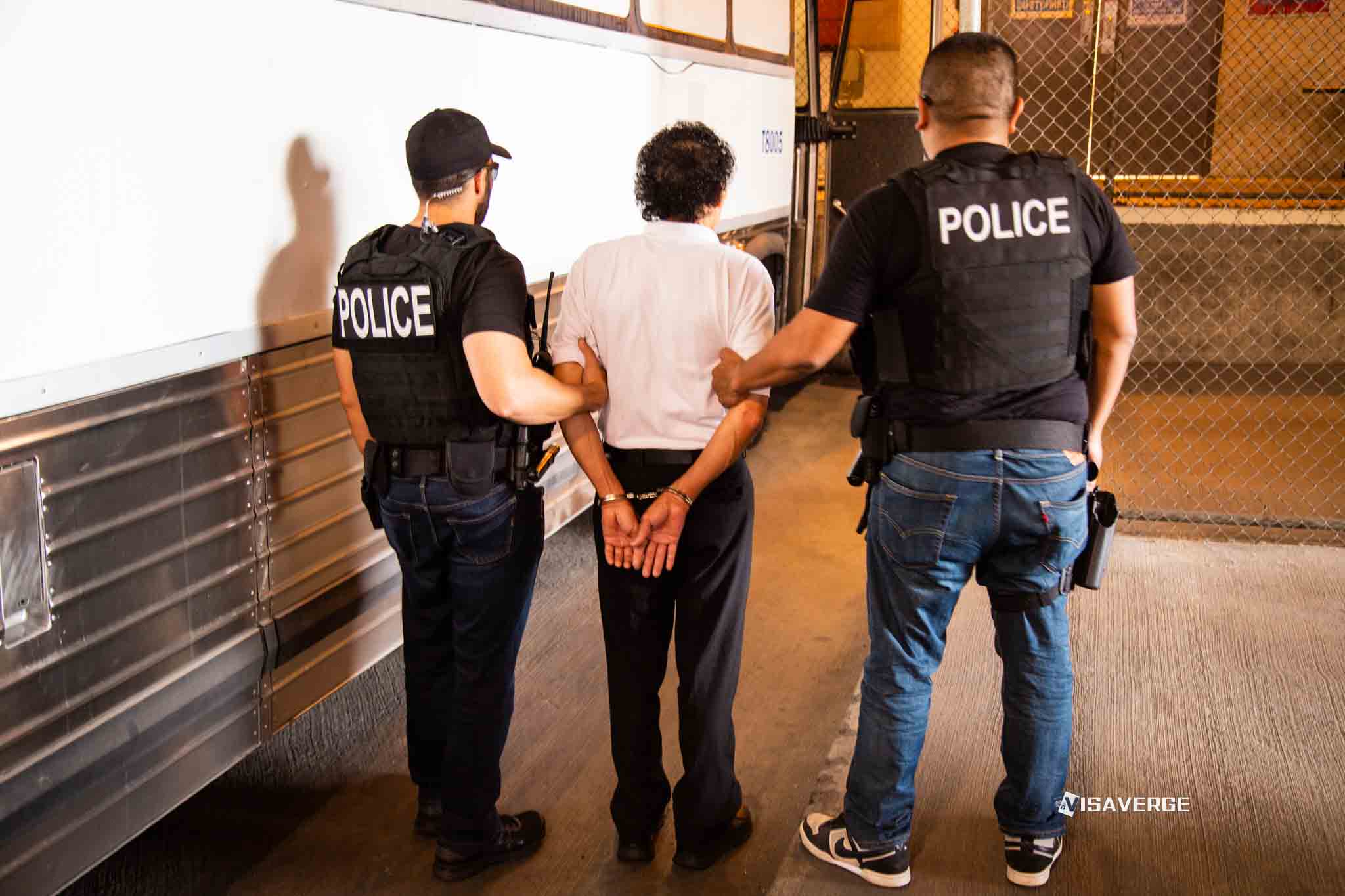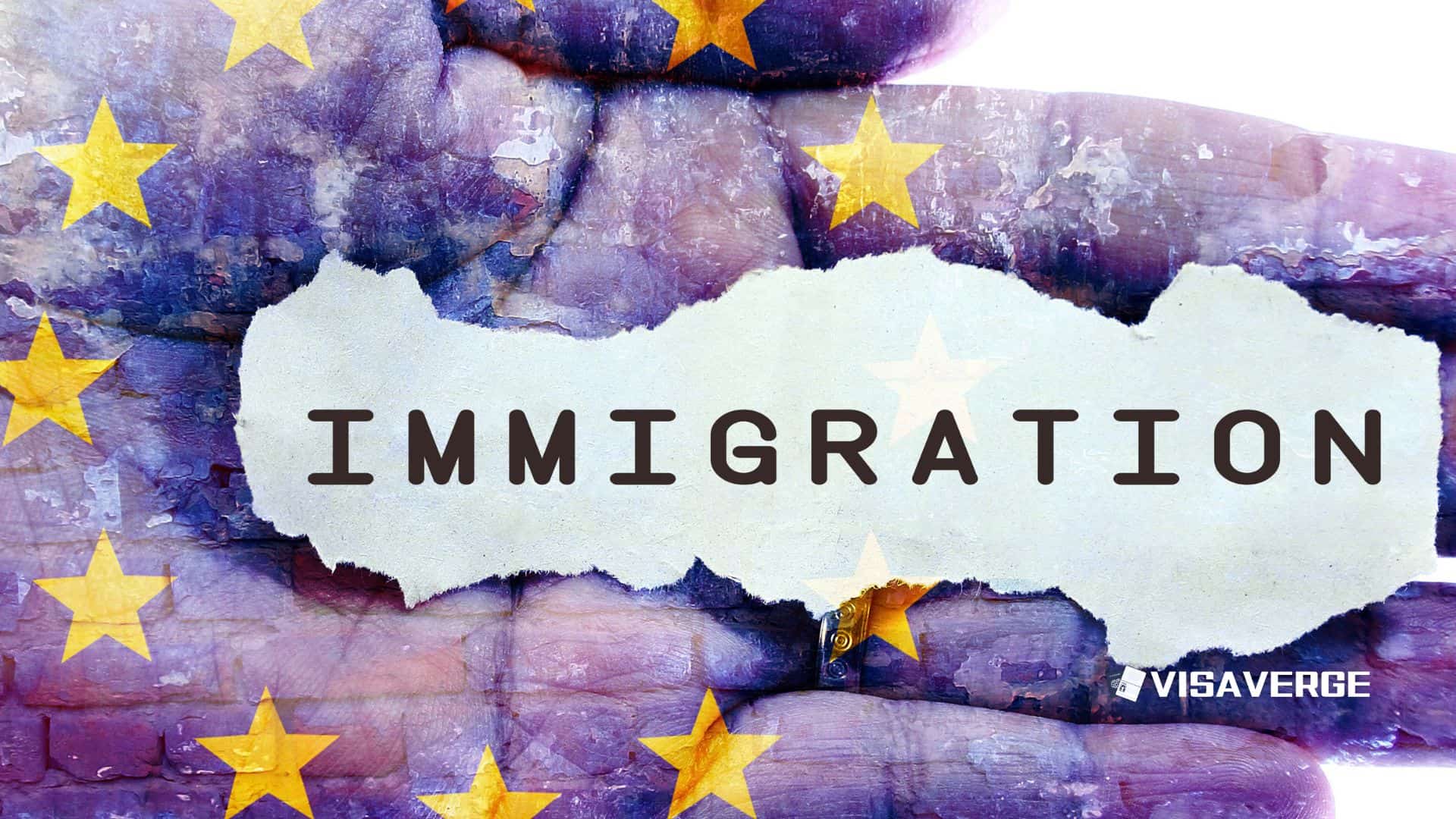(PORTLAND, OREGON) Veterans marched silently through South Portland on November 11, 2025, gathering for a Veterans National Day of Action near the Portland ICE facility to protest deportations and what they called rising authoritarianism. The event drew dozens of veterans and family members who said the message was simple: immigration enforcement should not trample free speech or due process, and military service should never be used to justify actions against communities at home.
The march: quiet, symbolic, and deliberate
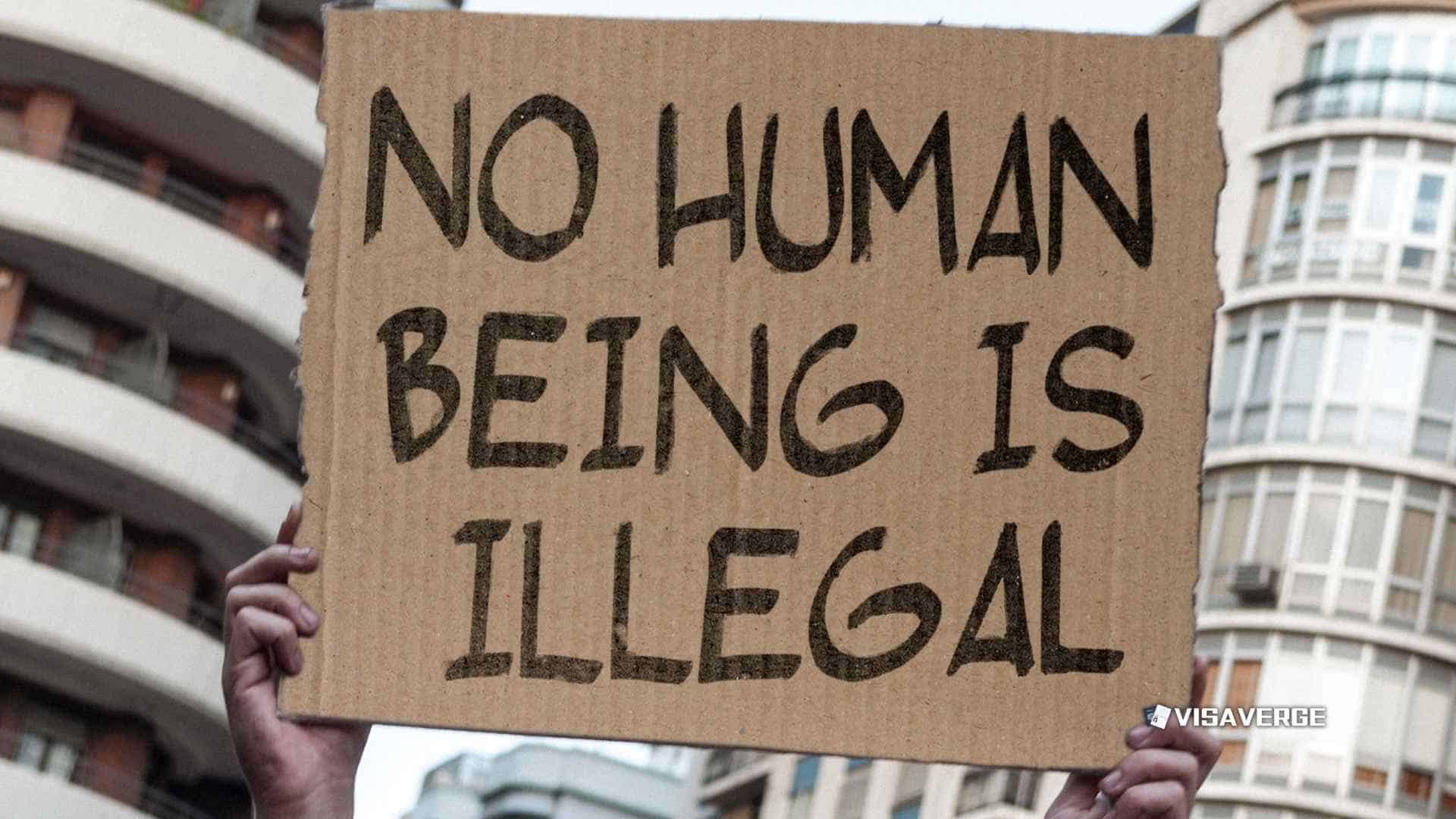
The demonstration began at Elizabeth Caruthers Park and moved several blocks toward the federal facility shortly after 5 p.m. Organizers asked participants to stay on the sidewalk and keep quiet as they walked; people carried flowers instead of signs or noisemakers.
At the end of the route, marchers placed the flowers at the entrance to the Portland ICE facility “in honor of those who have been detained and harmed,” according to organizers. Other protesters already outside the site greeted the group with applause and thanked the veterans for their service.
The silent marchers’ choice to avoid chants or loudspeakers stood out in a city that has seen noisy standoffs with federal officers. Organizers said the quiet was part of the point: to reflect on the people inside the building and to remember that real families feel the impact of detention and removal every day.
Organizers’ statement and motivation
In a statement released before the march, organizers criticized plans they tied to the Trump administration:
“This administration is asking members of the military to go against their own conscience and violate the constitution. We see nothing to celebrate when members of the military are being asked to turn on their own communities, free speech and due process rights are being routinely violated.”
They argued the Veterans National Day of Action was meant to show that people who took an oath to defend the Constitution also care deeply about how immigration rules are carried out on the ground.
Why veterans said they acted
- Moved by stories of families being split up and the fear surrounding deportations.
- Concerned about proposals to increase uniformed presence — including a proposed National Guard deployment — to guard federal property.
- Worried that calling in troops would inflame tensions while failing to address the human issues behind the protests.
Context: protests and the Portland ICE facility
The event followed months of protests focused on immigration enforcement in Portland. The Portland ICE facility has been the center of the most visible actions; protesters at the site — some who had camped out or returned repeatedly — welcomed veterans as allies who could highlight the legal and moral stakes.
Veterans emphasized that their message targeted policies, not rank-and-file officers, saying those policies risked pushing service members into domestic roles that press against constitutional limits.
Legal backdrop: court decision days earlier
The legal landscape shifted days before the march. On November 7, 2025, a federal judge granted a permanent injunction to the State of Oregon and the city of Portland in their lawsuit challenging the Trump administration’s efforts to deploy the National Guard to protect federal properties during protests.
- The order meant the state and city prevailed in limiting a military role in managing local demonstrations.
- Federal agencies, however, continued civil immigration work.
- The court decision gave fresh momentum to groups opposed to militarized responses and set the stage for the march.
ICE operations and rights concerns
Veterans tied their concerns to daily operations at the Portland ICE facility, where civil immigration arrests and removals are coordinated. The agency’s Enforcement and Removal Operations unit carries out detentions and deportations nationwide; official details are listed by U.S. Immigration and Customs Enforcement Enforcement and Removal Operations.
They argued enforcement should respect rights at all times, and that communities need less fear, not more.
The role of veterans in the national debate
The broader national debate over immigration enforcement often involves veterans, who bring personal credibility and a focus on constitutional duty. Organizers said calling the action a Veterans National Day of Action was deliberate:
- It aimed to widen the conversation from politics to first principles like free speech and due process.
- Veterans emphasized that their oath did not expire when their service ended.
- The march was framed as a peaceful check on power amid a fraught policy fight.
Symbolism and family-friendly tone
The silent march and the flower-laying contrasted sharply with images of troops at federal buildings. By choosing a calm, symbolic act, the group sought to show that resistance to deportations can be:
- Orderly and respectful
- Firm without being confrontational
- Accessible and safe for families, including those with children
Some attendees said the simple gestures helped them focus on people detained or facing removal proceedings rather than on partisan arguments.
Reaction and next steps
Officials at the Portland ICE facility did not address the marchers directly during the event; protesters said that was expected. They described their goal as public witness rather than confrontation.
Organizers said they plan to:
- Keep speaking out against policies they view as harmful.
- Press elected leaders, including those in Washington, to choose de-escalation over military force in civic spaces.
The injunction remains a legal marker in that fight, even as protests continue and the policy debate evolves. For one evening, veterans and families chose silence, order, and the memory of those affected as their way to be heard.
Key takeaways
- The march took place on November 11, 2025 and drew dozens of veterans and family members.
- Organizers focused on defending free speech and due process, and opposing the militarization of civic protest responses.
- A federal judge’s November 7, 2025 injunction limited National Guard deployment to protect federal properties, reinforcing local efforts to prevent a military role in demonstrations.
- Veterans framed their participation as a continuation of their constitutional duty and a call for humane, rights-respecting immigration enforcement.
According to analysis by VisaVerge.com, readers often seek clear reporting on how protests intersect with immigration operations, including questions of civil liberties and community impact — especially when veteran groups speak. As dusk settled, the group dispersed quietly from the Portland ICE facility, leaving flowers and a clear statement of intent behind them 🇺🇸.
This Article in a Nutshell
Dozens of veterans and family members held a silent march on November 11, 2025, from Elizabeth Caruthers Park to the Portland ICE facility, laying flowers to honor those detained. Organizers condemned plans linked to the Trump administration and opposed militarized responses to protests, emphasizing free speech and due process. The demonstration followed a November 7 federal injunction that limited National Guard deployment to protect federal properties, reinforcing local efforts to prevent a military role in managing demonstrations.



